Music has always held a special place in my life. I began my musical journey by playing the piano when I was eight years old, and later, at the age of ten, I transitioned to the guitar. These musical instruments served as my gateways, into a realm where it was just me and my music, providing me with an escape from daily worries and pressures. Even during the most stressful moments, music gracefully swept away my nervousness, creating a space for relaxation and self-expression. Irrespective of the challenges I encountered, music unfailingly provided me with a way to adapt and move forward.
As time passed, my inquisitiveness led me to understand why music had this calming and grounding effect on me, especially during high-stress situations. I discovered that music isn’t just a personal sanctuary; it’s also employed as a powerful therapy for individuals grappling with neurodegenerative diseases, that impact an astounding one billion people worldwide.
One of the most fascinating aspects of music therapy is its ability to evoke fond recollections of memories that patients may have been long forgotten. This method is particularly valuable for patients suffering from Alzheimer’s, especially during the early stages characterized by basic forgetfulness. To assist these patients in recalling lost memories, therapists often use music to enable an experience of normalcy for the patient, even if it is only for a short while.
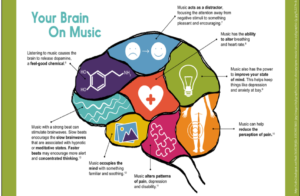
Effects of Music on the Human Brain
The mechanics of this therapy involve stimulating the memory traces of the brain’s memory cells, known as engrams. When a memorable event occurs in our lives, the brain forms these small packages, that store our memories, with a trace that can reactivate the memory in our brain with the assistance of a stimulus similar to the one when the memory was created. This reactivation of memory traces requires the right hemisphere of the brain to work in collaboration with the auditory cortex. When the brain receives a stimulus, the auditory cortex decodes the pitch and volume of the music, providing the right hemisphere with the stimulus required to reactivate the memory, followed by the memory reappearing in our minds like finding a lost picture in the middle of a massive album.
Often, while listening to music people develop some very moving emotions, and music therapy utilizes this power to help patients confront their feelings and improve their mental health. Emotions are a factor in our life that deeply affect our mindset and outlook on life, and music can control these emotions by stimulating the human brain, giving rise to brain waves. There are five main types of brain waves, which can vary depending on the music’s nature:
- Gamma: These waves are present when we are very concentrated and deeply involved in problem-solving
- Beta: These waves relate to a very busy and active mind
- Alpha: Present when the patient is very reflective and restful
- Theta: Present when the patient is daydreaming or meditating
- Delta: Present when the patient is sleeping and dreaming
So, by listening to calming music, such as classical music, alpha wave activity increases which calms the listener down and allows them to relax. Furthermore, these alpha waves are linked to relaxation and good health with creative visualization, which is highly important for students and children during their formative years. It has been found in research that music significantly increases alpha waves over beta activity over time in patients with major depression or schizophrenia allowing patients to temporarily shift their focus away from life’s challenges and regain their confidence and belief in themselves.
A study conducted at a university in Central China provides compelling evidence supporting the effectiveness of music therapy. Researchers found that when students were going through normal anxiety treatment, their anxiety score of 72.58 dropped to 54.46. But, when students with similar anxiety scores went through music therapy treatment their anxiety scores dropped to 33.19, supporting the efficacy of music therapy against anxiety.
While listening to music is very helpful in improving a patient’s emotions or evoking long-lost memories, playing music can also provide a great variety of benefits as well. In some types of music therapies, the patients often sing or play instruments that help in improving their motor skills and push them toward a healthier life. Research done with hospice patients who went through music therapy reveals a 92% improvement in mood and a 94% improvement in stress. If patients don’t want to play music, they can dance or just simply tap along, which increases their heart rate and lowers their blood pressure helping them relax and find happiness in the darkest of moments.

Hospice patient going through music therapy
There are no limits to the accomplishments therapists can make with patients using music therapy. Utilizing, music’s incredible capacity to touch our lives, from invoking cherished memories to providing therapeutic benefits for various psychological and physiological conditions. Transforming music therapy into an essential and effective practice that enriches human lives and promotes overall well-being.
References
(N.d.). Jefferson Health. Retrieved August 14, 2023, from https://mageerehab.jeffersonhealth.org/wp-content/uploads/2017/10/FullSizeRender-e1509118124776.jpg.
(N.d.-c). Retrieved August 10, 2023, from https://www.verywellmind.com/benefits-of-music-therapy-89829.
(N.d.-d). Retrieved August 10, 2023, from http://thesoftcopy.in/wp-content/uploads/2022/05/Vaibhav_Feature_LongCovidEdited.jpg.
Article Navigation JOURNAL ARTICLE The Effect of Group Music Therapy on Mood, Speech, and Singing in Individuals with Parkinson’s Disease — A Feasibility Study . Academic.oup.com. (n.d.). https://academic.oup.com/jmt/article-abstract/49/3/278/901555
Effects of music therapy on the Cardiovascular and autonomic nervous … (n.d.-a). https://www.liebertpub.com/doi/abs/10.1089/acm.2015.0079?journalCode=acm
EHealth | Get Health Insurance Plans & Quotes. (n.d.-b). https://www.ehealthinsurance.com/#!
Heather Craig, Bp. (2023, March 8). What is music therapy and how does it work?. PositivePsychology.com. https://positivepsychology.com/music-therapy/
Kučikienė, D., & Praninskienė, R. (2018). The impact of music on the bioelectrical oscillations of the brain. Acta medica Lituanica. https://www.ncbi.nlm.nih.gov/pmc/articles/PMC6130927/
Liu, S., & Li, G. (2023, March 24). Analysis of the effect of music therapy interventions on college students with excessive anxiety. Occupational therapy international. https://www.ncbi.nlm.nih.gov/pmc/articles/PMC10065859/
professional, C. C. medical. (n.d.). What is music therapy, and how can it help me?. Cleveland Clinic. https://my.clevelandclinic.org/health/treatments/8817-music-therapy
Puckett, J. (2019, August 8). Mental Health & Community Music therapy – therabeat, inc.Mental Health & Community music therapymusic therapy mental health & community music therapymusic therapy North Georgia Mental Health & Community music therapymusic therapy Atlanta. Therabeat, Inc. https://www.therabeat.com/news-and-events/2019/8/8/mental-health-amp-community-music-therapy
Ribeiro, M. K. A., Alcântara-Silva, T. R. M., Oliveira, J. C. M., Paula, T. C., Dutra, J. B. R., Pedrino, G. R., Simões, K., Sousa, R. B., & Rebelo, A. C. S. (2018, December 13). Music therapy intervention in cardiac autonomic modulation, anxiety, and depression in mothers of preterms: Randomized controlled trial – BMC psychology. BioMed Central. https://bmcpsychology.biomedcentral.com/articles/10.1186/s40359-018-0271-y
Trimble, M., & Hesdorffer, D. (2017, May 1). Music and the brain: The neuroscience of music and musical appreciation. BJPsych international. https://www.ncbi.nlm.nih.gov/pmc/articles/PMC5618809/
Zhang, S. (2020, January 2). The positive influence of music on the human brain. Journal of Behavioral and Brain Science. https://www.scirp.org/journal/paperinformation.aspx?paperid=98060

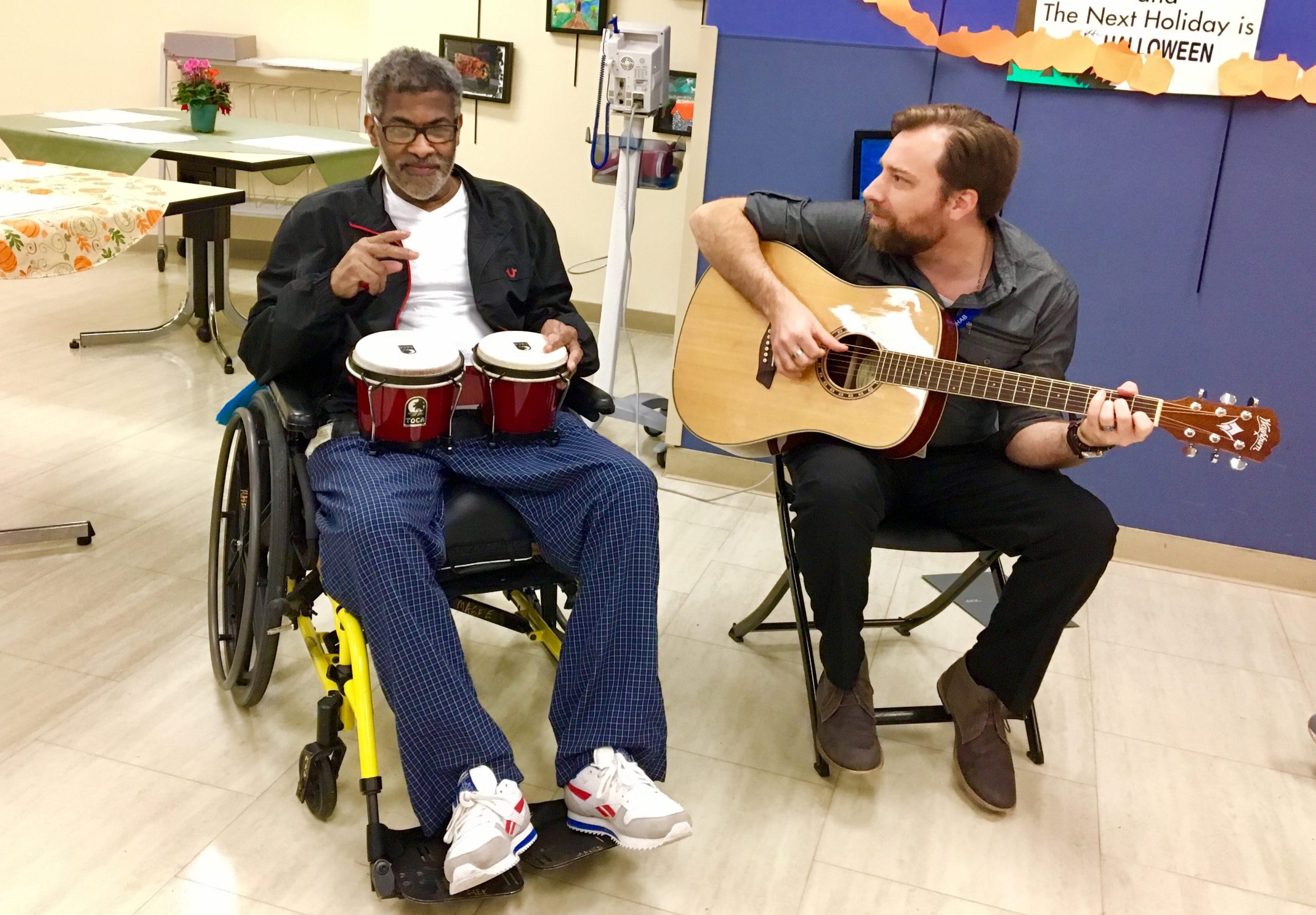


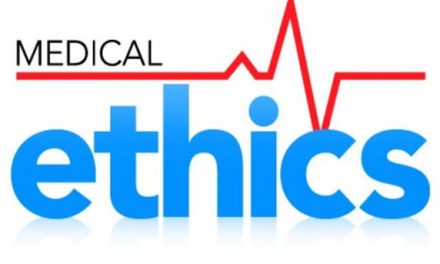






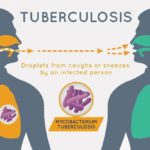
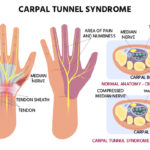
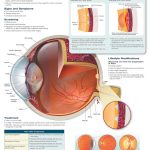

Very well written and articulated. I myself is a strong believer in considering music as therapy to ease out stress and other common diseases.